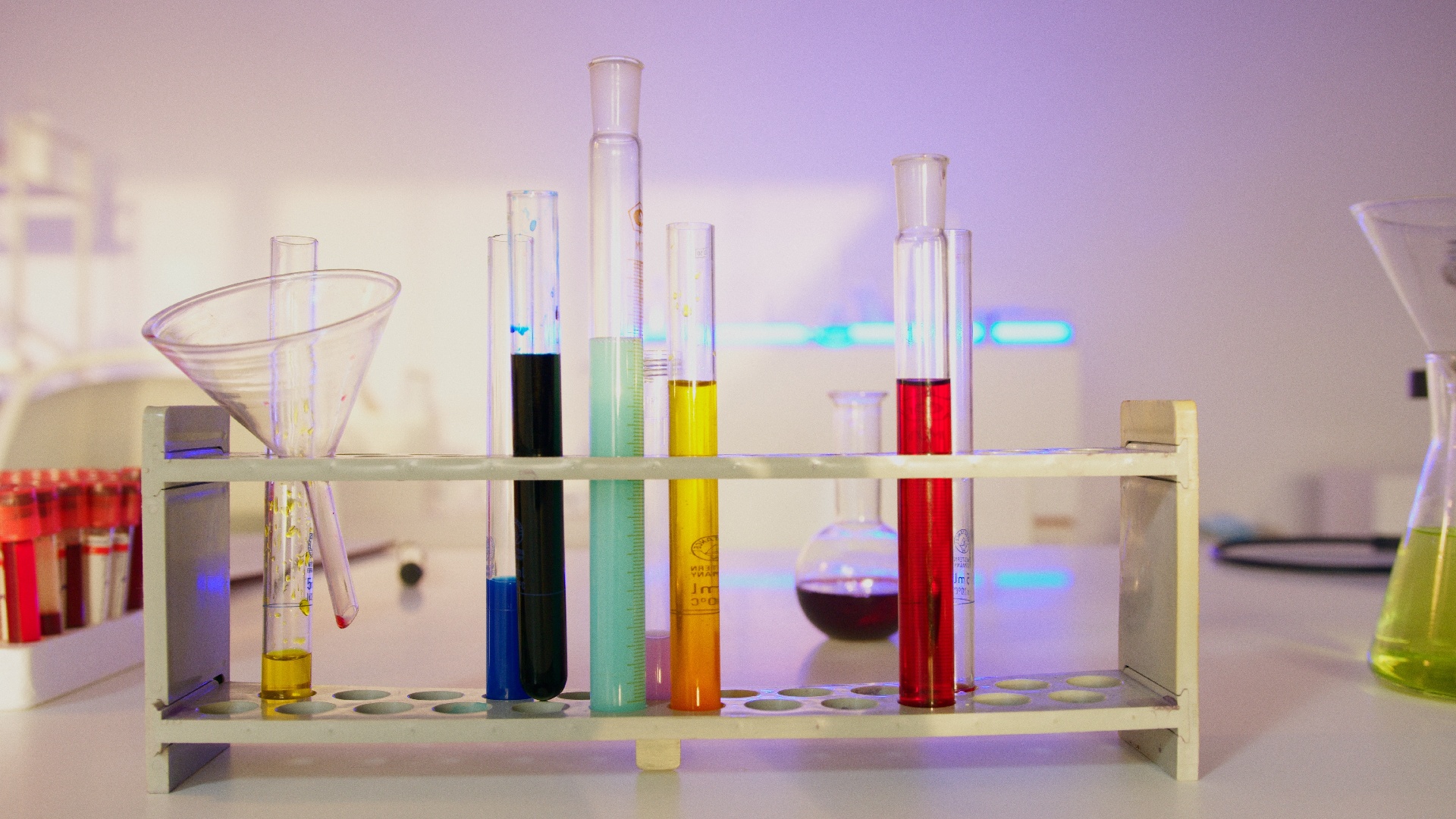Science

Topic Overview
The academic year 2025–2026 topic overview can be accessed by clicking the link below.
Science Topic Overview
Intent Statement
Our vision is to engage all young people in STEM and develop scientists for the future. Our vision is to create knowledgeable, scientifically literate, and technologically capable problem solvers. By fostering a spirit of inquiry, nurturing our students’ curiosity, and bringing current, relevant and real-world science into the classroom experience, we prepare our students to become educated citizens capable of comprehending and analysing global issues.
We will create a stimulating and exciting learning environment where the teaching is challenging, enjoyable and supportive.
We hope to provide learning experiences which will develop, as fully as possible, each student’s appreciation, understanding and critical awareness of the nature of science and its effects upon the world in which we live.
We understand that our young people may come to us under challenging circumstances which can lead to having a greater difficulty in learning or coming to school. This can also lead to having gaps in their curriculum knowledge. We hope to re-engage them in the science curriculum and foster confidence and a safe place for them to learn, at their own pace.
Curriculum
KS3
KS3 Science aims to build up the key foundations of scientific knowledge and ideas about ‘how science works’. We also aim to develop our student’s natural curiosity about Science and excitement about understanding natural phenomena. We have divided the new KS3 curriculum into six units for each of Biology, Chemistry and Physics with two of each subject taught each year. Assessment is primarily through regular exams which a focus on recall and understanding of scientific knowledge, literacy and evidencing numeracy skills. Students also complete a variety of assessment tasks (such as practical write ups, graph drawing and research activities) aimed at teaching and consolidating key scientific skills.
KS4
Students follow either the
- AQA GCSE (9-1) Combined Science course (Trilogy) or the
- AQA GCSE (9-1) Separate Science course in Biology, Chemistry and Physics
Combined Science (Trilogy) is worth 2 GCSEs and the student will gain a grade represented as 2 numbers (e.g. 7-7 or 5-6) that is calculated as an average of the combined scores attained in biology, chemistry and physics. There is a 1/3 less content of each science in the combined exam hence why the students get 2, not 3 GCSEs
At the end of the course, the student will sit 6 exams: 2 from biology, 2 from chemistry, 2 from physics and the average is taken from the 6 exams and 2 grades are awarded. These can be different but only by 1 level.
Separate sciences is worth 3 GCSEs and the student will gain a grade for biology, chemistry and physics, represented as 3 numbers (e.g. biology 6, chemistry 7, physics 8) A 1/3 more content needs to be covered in the same amount of time for each science.
At the end of the course, the student will sit 6 exams: 2 from biology, 2 from chemistry, 2 from physics) and a grade will be awarded from the average score of each science.
Building cultural capital
The science curriculum allows students to access a rich STEM knowledge that is becoming increasingly important in modern society. Through the course, students will not only come to know foundational figures and ideas that underpin the world we know today, but be able to think critically about the world and its development over time. From ancient theories of the atom to the technologies that allow computers to function, science gives students a new language to articulate the world around them.
